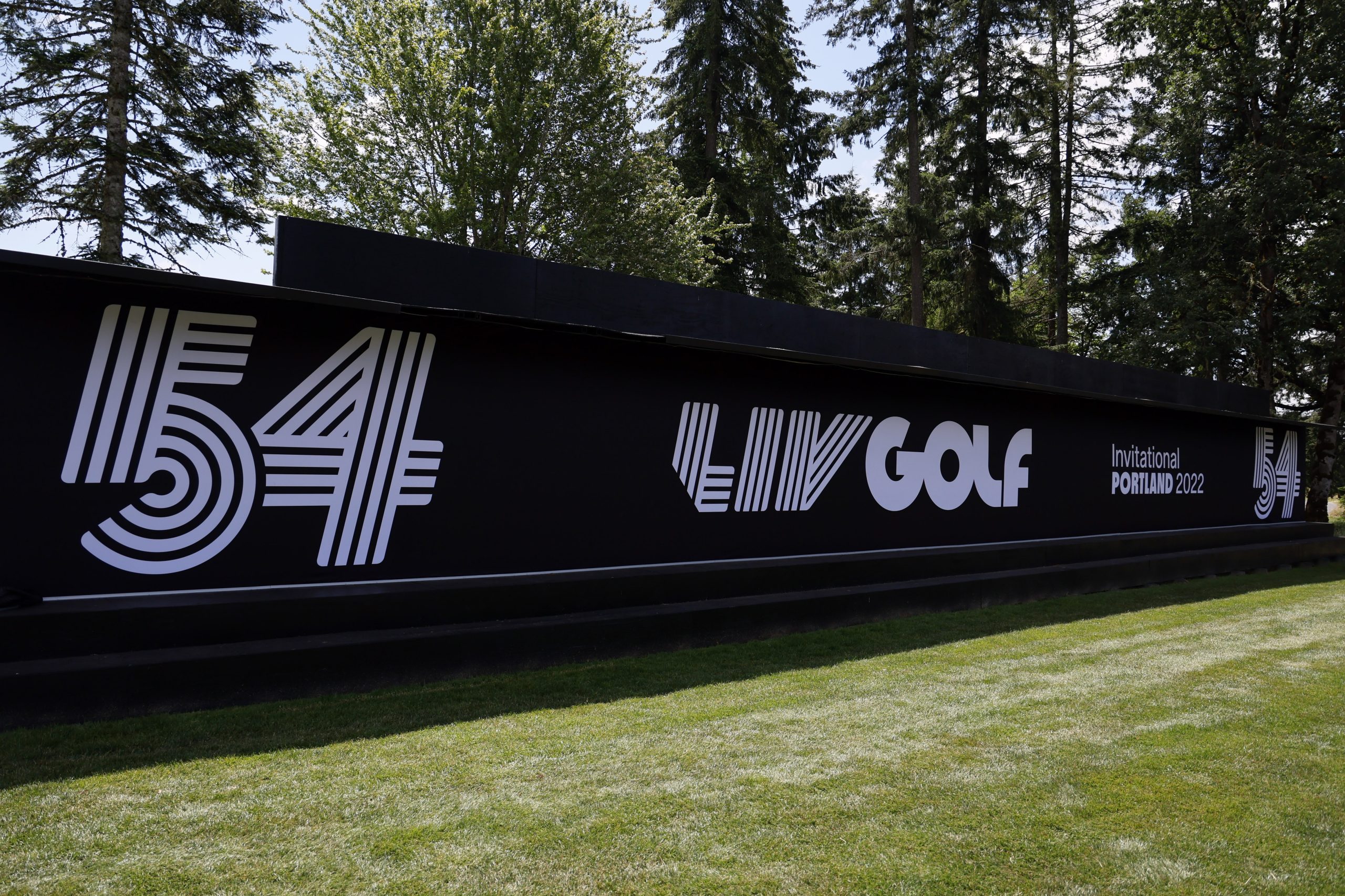
[elfsight_social_share_buttons id=”1″]
The U.S. Justice Department is investigating whether the PGA Tour broke antitrust law in fighting off the rival LIV Golf circuit, which is financially backed by Saudi Arabia.
The PGA Tour confirmed the probe, which was first reported by the Wall Street Journal.
“This was not unexpected. We went through this in 1994 and we are confident in a similar outcome,” a PGA Tour spokesman said in an email statement referring to an investigation decades ago by the Federal Trade Commission.
The Journal reported that the government reached out to players’ agents regarding PGA Tour bylaws that limit players’ ability to participate in rival golf events.
LIV Golf CEO and former PGA golfer Greg Norman has made golfers’ rights a theme of his work with LIV. He expressed in a letter published in February that he believes the now-rival professional golf competitions may end up in a legal dispute.
“And surely, your lawyers at the PGA Tour must be holding their breath…for decades, I have fought for the rights of players to enjoy a career in which they are rewarded fully and properly for their efforts. They are one-in-a-million athletes. Yet for decades, the Tour has put its own financial ambitions ahead of the players, and every player on the tour knows it. The Tour is the Players Tour, not your administration’s Tour,” Norman wrote.
Saudi Arabia’s Public Investment Fund (PIF) is bankrolling the $255 million LIV series, which critics say is a vehicle for the country to improve its image in the face of criticism of its human rights record. LIV has lured away major winners including Phil Mickelson, Dustin Johnson, Brooks Koepka, and Bryson DeChambeau with huge sums of money, while others like Jordan Spieth and Rory McIlroy have said they plan to stay with the PGA and DP World tours.
The Journal said that the PGA Tour has required golfers who wanted to play in LIV competitions to request releases, and has suspended some who failed to do so.
The Justice Department declined to comment on the probe.
Copyright 2022 Thomson/Reuters
